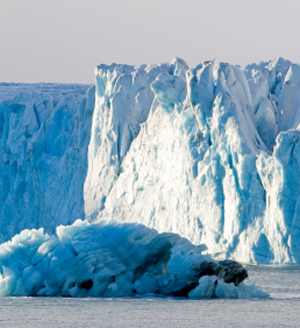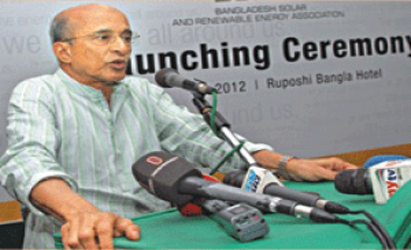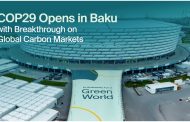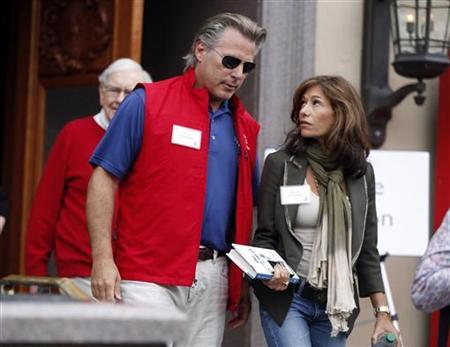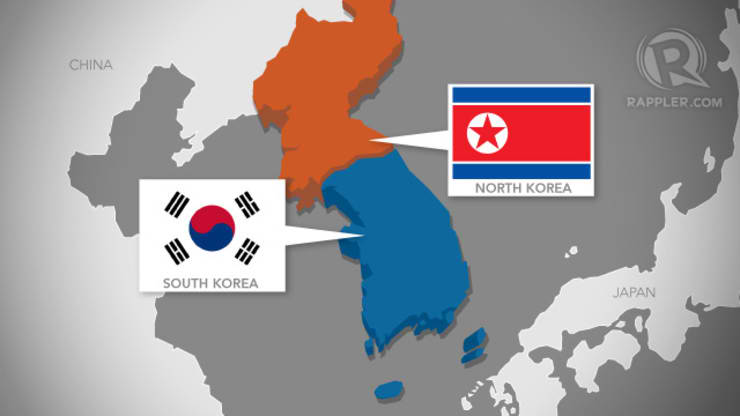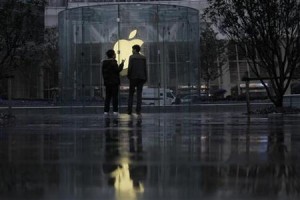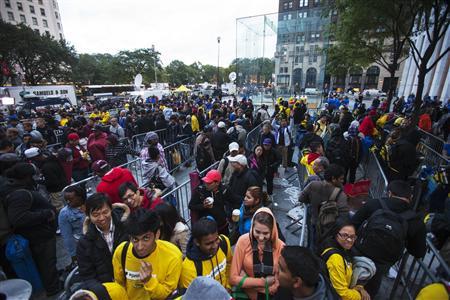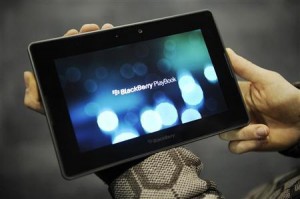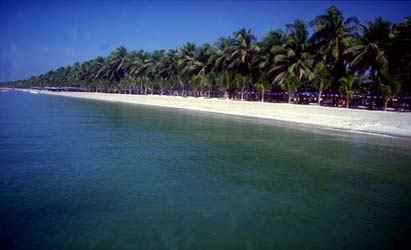 ConocoPhillips has sought exploration rights for six deepwater gas blocks in the Bay of Bengal, for which it was selected as the best bidder in 2008 but that were not awarded, as Bangladesh was in the midst of boundary disputes with neighbours Myanmar and India, Petrobangla Chairman Hussain Monsur said recently, according to a Platts, a web portal of energy data and news, report.
ConocoPhillips has sought exploration rights for six deepwater gas blocks in the Bay of Bengal, for which it was selected as the best bidder in 2008 but that were not awarded, as Bangladesh was in the midst of boundary disputes with neighbours Myanmar and India, Petrobangla Chairman Hussain Monsur said recently, according to a Platts, a web portal of energy data and news, report.
ConocoPhillips sent a letter last week to Petrobangla asking for the exploration rights after Bangladesh recently won a favorable verdict against Myanmar from an international tribunal, Monsur said.
Of the six deep water blocks ConocoPhillips is now eyeing, four blocks — –DS-08-12; DS-08-16; DS-08-17 and DS-08-21 — are disputed with Myanmar and two—DS-08-15; DS-08-20 — with India.
State-owned Petrobangla is, however, not yet to sure whether the ruling clears the disputed blocks with Myanmar as it has not received an official copy of the verdict, Petrobangla’s director for production sharing contracts Muhammad Imaduddin said.
“We have not yet confirmed whether the full area of the four disputed blocks with Myanmar is clear, following the ITLOS [International Tribunal for the Law of the Sea] verdict,” he said.
He added that Petrobangla would be able to determine the latest position of the blocks soon after the scrutiny of the ruling.
Imaduddin, however, did not say anything whether these blocks would be awarded to ConocoPhillips after scrutiny. “It is the government which will decide on it,” he said.
The US firm was selected by Petrobangla for exploration in eight deepwater gas blocks following the country’s February 2008 bidding round; and the energy ministry had then also endorsed Petrobangla’s recommendation to award these blocks to the US firm. But only two blocks were awarded as India and Myanmar began protesting that the blocks overlapped with their territory.
Bangladesh awarded the two deepwater gas blocks—for partial exploration—to ConocoPhillips after a series of meetings three years after the launch of the bidding round, allowing them to explore around 70% of block DS-08-10 and 85% of block DS-08-11.
The tribunal on March 14 upheld Bangladesh’s claim to an exclusive economic zone of 200 nautical miles in the Bay of Bengal, and to a substantial share of the outer continental shelf beyond, thus ending its maritime boundary dispute with Myanmar.
As a result, the US firm will now be able to explore the full area covered under the DS-08-11 block. But it has to wait for a verdict in the boundary dispute case between Bangladesh and India before its position in the second block becomes clear; and this verdict is expected only in 2014.
Meanwhile, if ConocoPhillips is awarded exploration rights for the six deepwater blocks, it will get a total of nine years to carry out exploration work, with five years as the primary exploration period and two years each for the first and second extended exploration periods, a Petrobangla official said separately.
ConocoPhillips will, however, not be able to export piped gas from these deepwater blocks, but it will be able to export the gas as LNG if Petrobangla and any third-party domestic user refuses to lift the gas, he said.
The price of gas sold from the blocks will be linked 100% to high sulfur fuel oil prices, with the floor price set at $70/mt and ceiling at $180/mt.
ConocoPhillips will be able to export oil after it has met local demand.
As of now, the Australian Santos-operated Sangu gas field is the country’s lone operational offshore gas field.
International oil companies have been awarded only 14 hydrocarbon blocks—both onshore and offshore—since gas exploration began in the country in late 1960s. But they now hold only eight blocks having given up the rest.
According to experts, there are major gas reserves in the Bangladesh territorial waters of the Bay of Bengal and this assessment has been reconfirmed following huge discoveries by Myanmar and India in their respective areas in the bay.
Source : energy bangla







